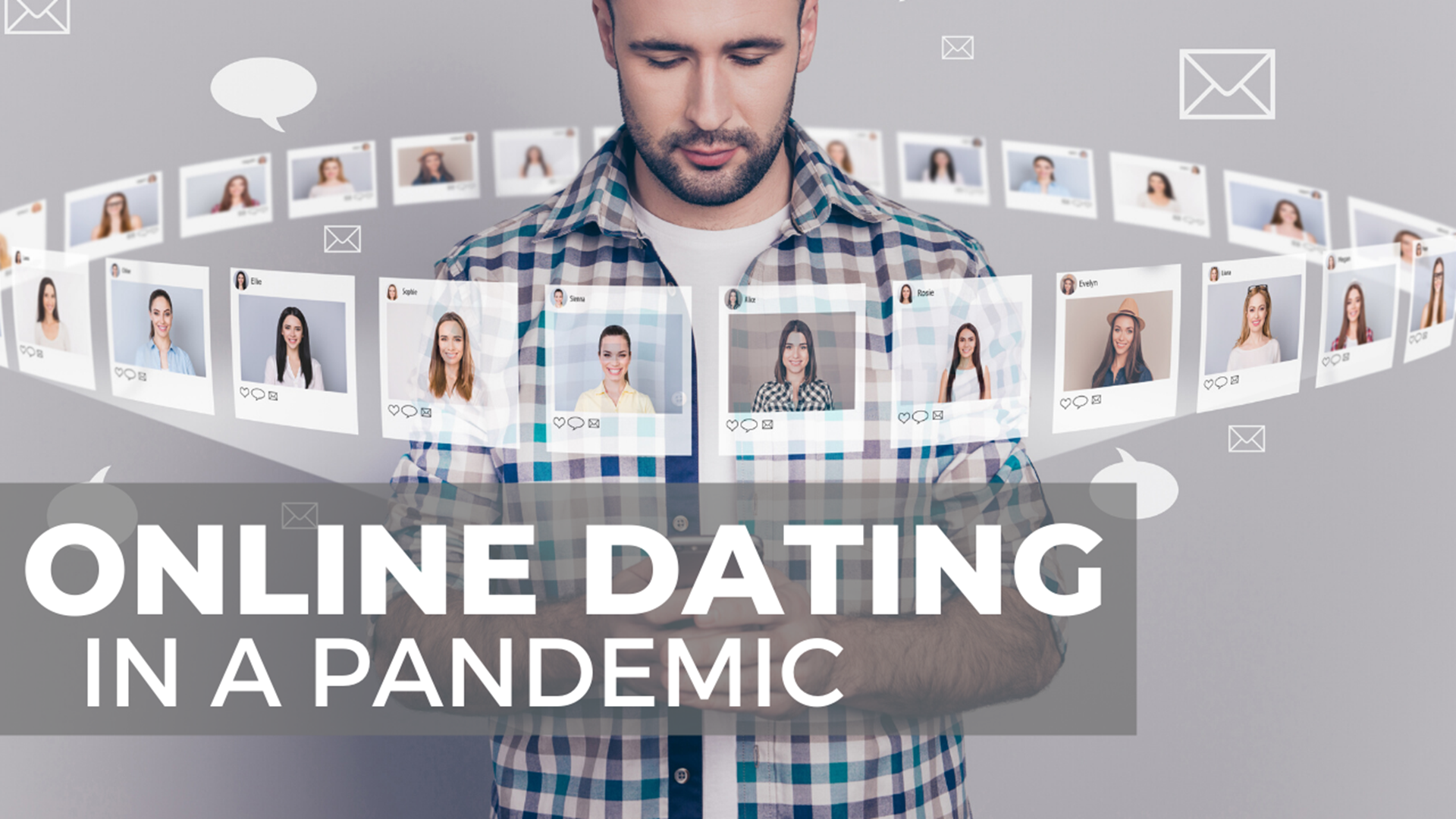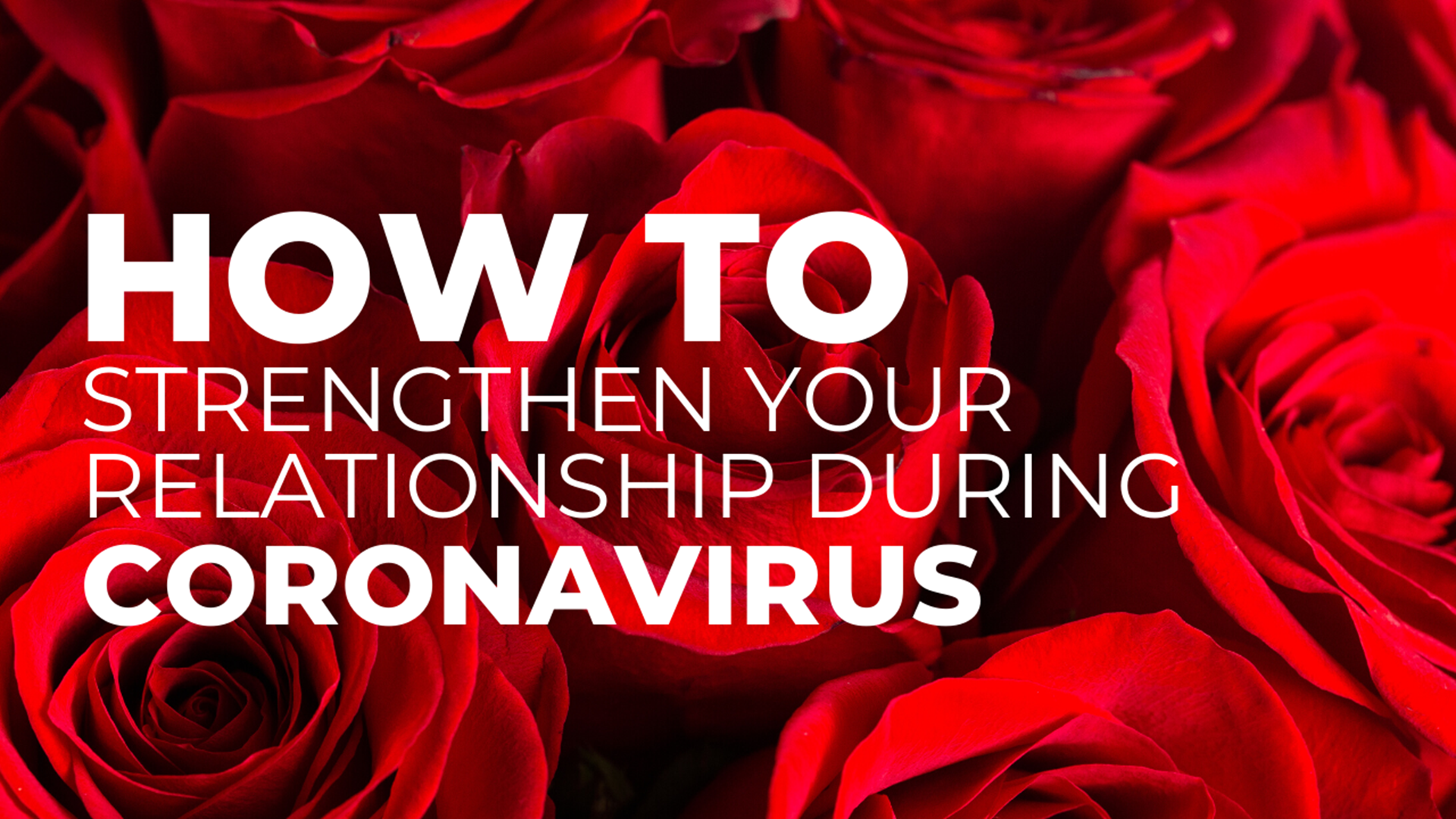PORTLAND, Ore. — The coronavirus has left couples “isolated together.” Some long-time partners say they’re struggling with this forced togetherness but couples just starting out may face a different dilemma. When you don’t live together-- or are trying to meet someone new-- how do you date from a distance?
You can still swipe right you just can't meet your match in person at a restaurant or bar. PCMag reports, dating apps such as Tinder and Bumble have seen a double digit increase in messages during this quarantine.
I asked Portland psychologist Dr. Doreen Dodgen-Magee to weigh in on the challenges of online dating in the age of COVID-19.
“I think it’s changed a lot. For some people it’s led to more isolation because without the opportunity to meet up in an embodied space, they may not be as comfortable doing the kinds of digital connection that others are. Maybe they were meeting someone new every week but now they’re not and they’re feeling more isolated. Those are the people that we all need to be checking in on and sending a lot of love to,” she said.
Dr. Doreen says there’s also another issue. “People are much more likely to get very emotionally deep very quickly because they're isolated and lonely and this can feel draining for some people. Whereas in the past getting to know someone in an online space was kind of lighthearted and fun. Now it's very quickly onto big stressors and life issues.”
So what makes for a better experience when you’re dating and social distancing? Dr. Doreen says, "the people that are finding it fun are those that are not just relying on text and phone conversations but are actually doing some video chats and turning it into a virtual date. And those people seem to be really enjoying the opportunity to meet new people and have new experiences while they’re cloistered.”
Things move fast online but Dr. Doreen says this new normal has hit the pause button giving people a chance to be real. “Interestingly, in many situations, they're probably having more relationally building conversations. They're having more vulnerable conversations. We used to think-- even just a few weeks ago—that talking about loneliness had a lot of stigma. And now we're all talking about loneliness openly. And that can be really helpful in forging new connections that aren't just at the surface.”
And Dr. Doreen’s final word? “For many people this is the most challenging time they've lived through. And as a person who helps people through really difficult situations-- and has been through some-- I want to just provide everyone with the encouragement that we are going to get through this.”


